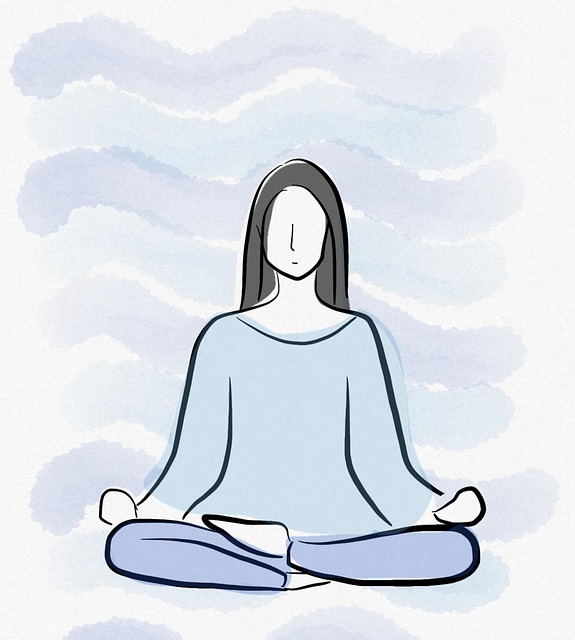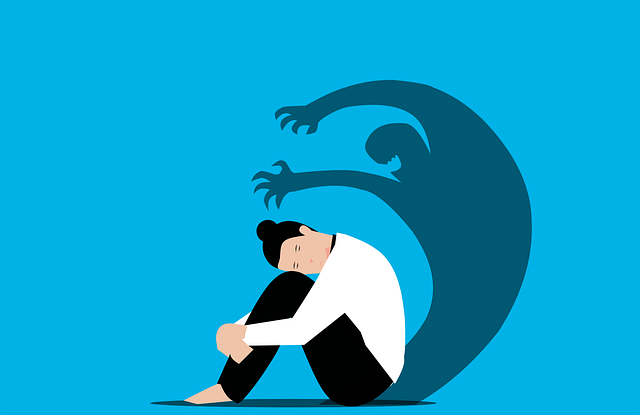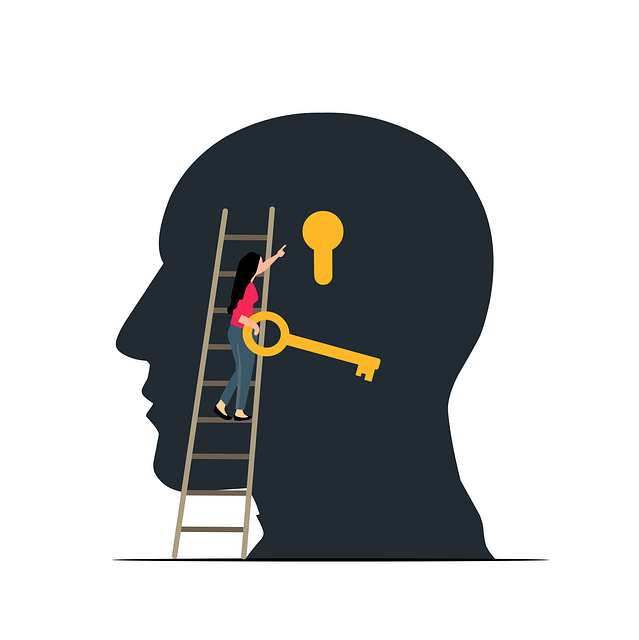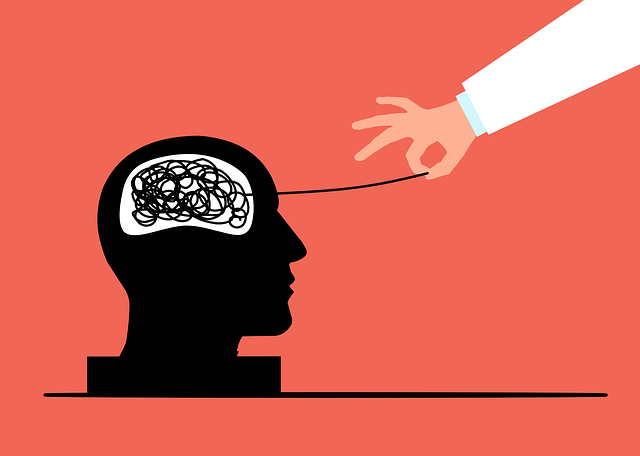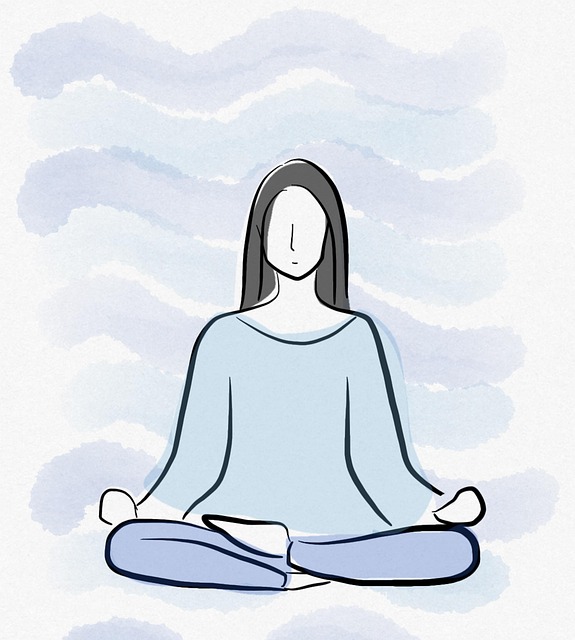Mental wellness encompasses emotional, psychological, and social well-being, with self-care being a crucial component. Practices like mindfulness and physical exercise, alongside professional support like Parker Somatic Experiencing (PSE) therapy, contribute to overall health and happiness. PSE therapy heals the mind-body connection, helping individuals process trauma and release emotions. Creating a personalized self-care routine involves understanding unique needs, and incorporating SE techniques can enhance resilience. Regularly assessing progress through tracking mental/emotional/physical well-being allows for adjustments to the evolving self-care routine.
Mental wellness is paramount for overall well-being. In today’s fast-paced world, cultivating a robust self-care routine is essential for managing stress and fostering resilience. This article guides you through developing a personalized mental wellness self-care routine, focusing on the power of Parker Somatic Experiencing (SE) Therapy. Discover how SE techniques can build adaptability, enhance emotional regulation, and improve your overall quality of life. Learn strategies to create, incorporate, track, and adjust your practice for lasting mental health benefits.
- Understanding Mental Wellness and Self-Care
- The Role of Parker Somatic Experiencing Therapy (SE) in Building Resilience
- Creating a Personalized Self-Care Routine
- Incorporating SE Techniques into Daily Life
- Tracking Progress and Adjusting Your Practice
Understanding Mental Wellness and Self-Care

Mental wellness is a holistic concept encompassing our emotional, psychological, and social well-being. It’s about cultivating a sense of balance and contentment in life, enabling individuals to navigate challenges with resilience. Self-care, an integral aspect of mental wellness, involves deliberate actions taken to preserve and enhance one’s mental health. This can range from practicing mindfulness and engaging in physical activities to seeking professional support through therapies like Parker Somatic Experiencing (PSE).
Developing a self-care routine isn’t just a trend; it’s a necessary practice for fostering mental resilience. The concept has gained significant traction, especially with the rise of mental wellness podcasts and online communities dedicated to sharing strategies. A well-rounded self-care routine can significantly impact an individual’s overall health and happiness, encouraging a proactive approach to managing stress and emotional health, even during difficult times. This practice is essential, particularly for mental health professionals who must also prioritize their own well-being to provide effective care, as highlighted in the Risk Assessment for Mental Health Professionals guidelines.
The Role of Parker Somatic Experiencing Therapy (SE) in Building Resilience

Parker Somatic Experiencing (SE) Therapy is a powerful approach that focuses on healing the mind-body connection, playing a pivotal role in building resilience against mental health challenges. This therapeutic method acknowledges that our physical and emotional experiences are deeply intertwined, and by addressing bodily sensations and reactions, it helps individuals process traumatic memories and release held-back emotions. SE therapy encourages individuals to explore their sense of safety and trust in the present moment, fostering a stronger ability to cope with stress and adversity.
By integrating mind over matter principles, where mental focus influences physical responses, this therapy promotes mindfulness meditation as a tool for self-regulation. Clients learn to recognize and modify negative thought patterns, leading to improved emotional intelligence and overall mental health awareness. This process empowers individuals to take charge of their well-being, fostering resilience that can enhance their ability to navigate life’s challenges with greater ease and adaptability.
Creating a Personalized Self-Care Routine

Creating a Personalized Self-Care Routine involves understanding your unique needs and preferences. It’s not about mimicking someone else’s routine; it’s about designing activities that resonate with you. This could include physical exercises tailored to your fitness level, mindfulness practices like meditation or deep breathing, or creative outlets such as writing, painting, or dancing. By integrating these elements into your daily life, you cultivate a sense of balance and well-being.
For instance, techniques from Parker Somatic Experiencing Therapy (SE) can be incorporated to enhance resilience building and depression prevention. SE focuses on resolving trauma by helping individuals reprocess past experiences and develop healthy coping mechanisms. Trauma support services like these, combined with self-care practices, can significantly contribute to managing stress and improving mental wellness. Remember, a personalized routine is flexible; it evolves with your changing needs, ensuring that you’re continually nurturing both your mind and body.
Incorporating SE Techniques into Daily Life

Incorporating SE (Somatic Experiencing) Techniques into daily life can significantly enhance self-care practices and contribute to a robust mental wellness routine. Parker Somatic Experiencing Therapy, for instance, focuses on connecting the mind and body to heal from trauma and stress. By integrating this approach, individuals can cultivate a deeper understanding of their emotional responses and learn to regulate them effectively. Simple techniques like mindful breathing exercises, body scans, and progressive muscle relaxation, when practiced consistently, become powerful tools in managing anxiety and promoting a sense of calm.
Self-care routine development should involve incorporating these SE practices throughout the day. For instance, starting the morning with a brief body scan can help set a tone of awareness and presence. Similarly, ending the day with reflective journaling while practicing mindful breathing can facilitate emotional processing and enhance overall mental wellness. As you navigate through the process, listen to your body’s needs and adjust your self-care routine accordingly; it is in these subtle adjustments that true transformation occurs, as highlighted in our Mental Wellness Podcast Series Production.
Tracking Progress and Adjusting Your Practice

As you establish your self-care routine, tracking your progress is a vital component to ensure its effectiveness and make adjustments as needed. Regularly reflect on how you’re feeling mentally, emotionally, and physically. Notice any patterns or changes in your stress levels, mood, and overall well-being. Keep a journal to record your thoughts, feelings, and the impact of different self-care practices. This allows you to identify what’s working and what needs refining. For instance, if you’ve incorporated mindfulness meditation into your routine, observe how it influences your ability to manage daily stressors or if certain techniques from Parker Somatic Experiencing Therapy (SE) help process past traumas more effectively over time.
By monitoring your progress, you can tailor your self-care practices accordingly. Perhaps you’ll find that adding compassion cultivation practices alongside stress management techniques enhances your overall mental wellness. Or maybe you realize a particular activity isn’t resonating with you after trying it for a while; feel free to adjust and explore alternative strategies. The key is to be responsive to your changing needs, allowing your self-care routine to evolve into a deeply personal and supportive journey towards better mental health.
Developing a mental wellness self-care routine is a transformative journey, where incorporating techniques like Parker Somatic Experiencing (SE) therapy can significantly enhance resilience. By personalizing your practice and integrating SE into daily life, you cultivate a deeper connection with your body and emotions, fostering overall well-being. Regular tracking of progress allows for adjustments, ensuring your self-care routine remains effective and tailored to your needs. Embrace this process as a means to navigate life’s challenges with greater ease and resilience.
